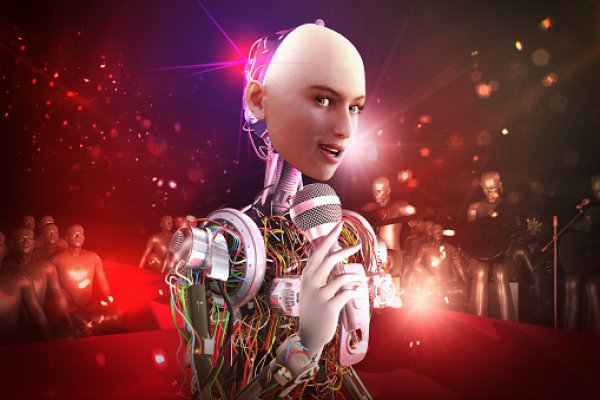Are you a big fan of AI-powered chatbots? Then you’re likely familiar with the star of the show, ChatGPT. But now it seems Google is looking to get in on the action and maybe test out its version of this popular artificial intelligence technology.
Here, we’ll look at what Google could be doing and how it will affect how we interact with our digital devices. We’ll also explore some potential implications for privacy and security as well. So, settle in, and let’s dive deeper into what looks like an exciting new development from Google!
Google is moving swiftly to get its AI products out in reaction to OpenAI’s ChatGPT. According to CNBC, the search engine giant is pushing ahead with a “code red” campaign, striving to bring out a large language chatbot to answer ChatGPT and trying new methods of integrating the bot into its search service.
The New York Times and other sources recently reported on the changes that Google’s CEO Sundar Pichai has made in response to the growing impact of ChatGPT. Pichai is said to have shifted employees and restructured meetings to focus more resources on AI development. This recent report reaffirms those earlier claims.
CNBC’s report from Tuesday provides more information on Google’s new chatbot, allegedly called “Apprentice Bard.” It is said to be built off LaMDA (Language Model for Dialogue Applications), a technology already existing within Google.
Apprentice Bard has abilities that go beyond those of ChatGPT. Users can enter a query in ordinary language and receive an automatically generated reply response. The interface and operations of Apprentice Bard are quite similar to ChatGPT.
CNBC reports that ChatGPT is limited to online information before 2021, while the former has access to more recent events and data.
LaMDA could answer a mathematical riddle, which ChatGPT failed to do, as per the records observed by CNBC. This may indicate it is better at attaining AI accuracy, which is hard to come by.
Google executives told staff that there is much more at stake for the company to ensure their future AI projects are successful than other companies in the industry. This is due to Google’s status as the most trusted online source of information.
Users come to the search engine for facts, and Google is taking extra care not to provide incorrect information. To ensure this, Jeff Dean, the tech giant’s AI chief, spoke in an all-staff meeting, as reported by CNBC. The risk of providing inaccurate info carries a certain reputational risk they want to avoid. Even though they are exercising caution, Google is still making progress.
Jeff says:
“More conservatively than a small startup.”
Google is exploring options for introducing Artificial Intelligence into its search engine. The company has reportedly started testing Apprentice Bard on a homepage variation.
A user types in their query in the search bar like they always do, but instead of just a list of results appearing below, there is a gray bubble-like box that contains a response written in human language. This feature is available only in trial versions.
Next, the outcome page proposes a series of AI-generated questions associated with the initial query. According to CNBC’s eCNBC’stion, the remaining search outcomes appear beneath the artificial intelligence conversation.
It is essential to consider that while CNBC’s rCNBC’smay be an exact replication of Alphabet-owned Google’sGoogle’snary experiments, the result of any Artificial Intelligence product(s) ultimately launched by the company may be different from what has been observed in this initial account.
Despite predictions from some experts that the emergence of ChatGPT and other AI technology may lead to the eventual demise of traditional web searches, Google’sGoogle’sengine is still likely to remain a popular option for some time.
Many people are excited about the potential for Google ChatGPT, and it will be interesting to see how it develops. Google may be already testing this technology on a small scale, but we’ll hawe’ll wait and see what they do with it in the future.
Source: gizmodo.com



